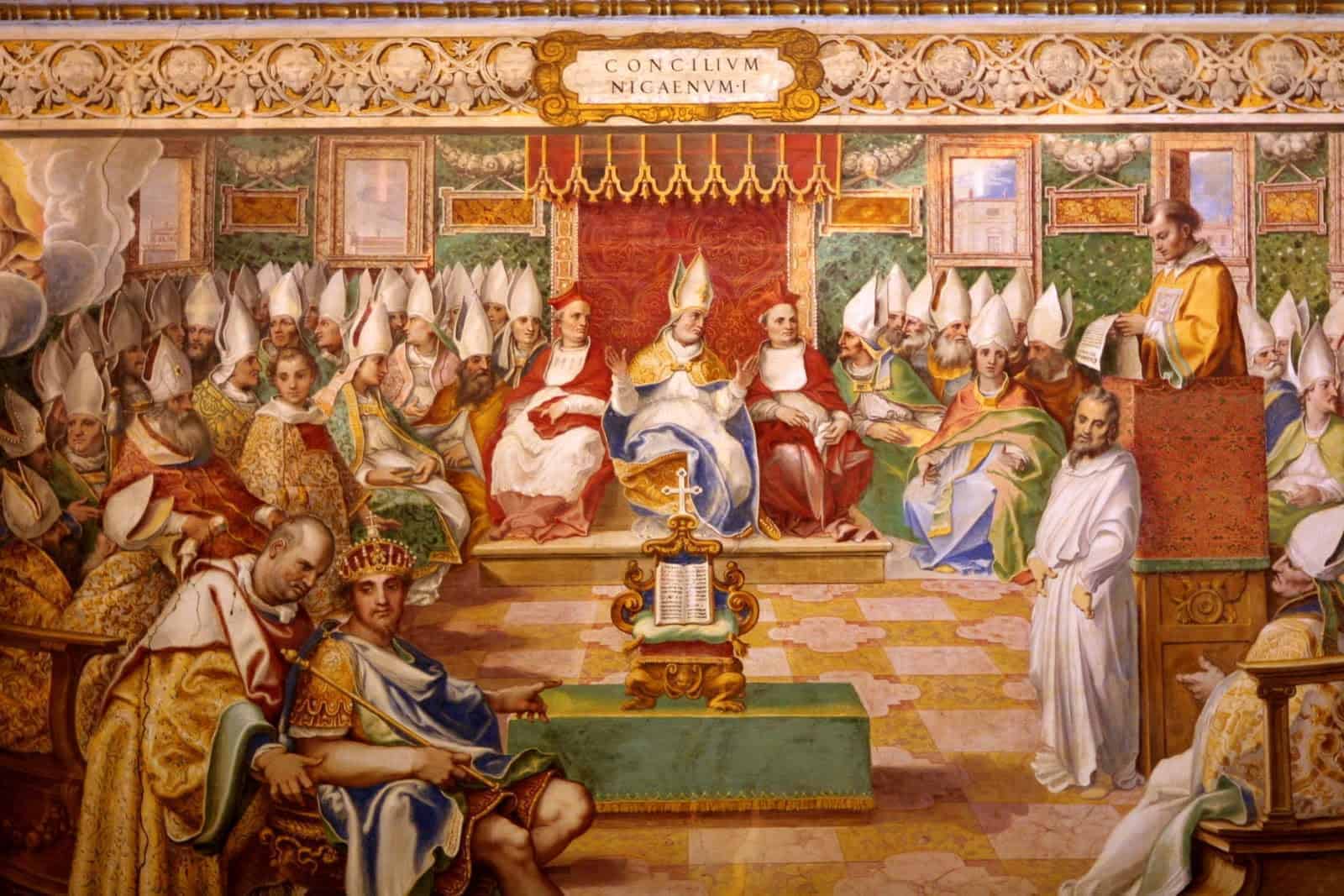 Taking seriously our embodiment as finite and as situated within a particular space and time means that we are all inevitably placed somewhere within an unfolding historical and cultural tradition and that thinking we are able to attain a universal and timeless understanding through the exercise of critical reasoning is illusory.
Taking seriously our embodiment as finite and as situated within a particular space and time means that we are all inevitably placed somewhere within an unfolding historical and cultural tradition and that thinking we are able to attain a universal and timeless understanding through the exercise of critical reasoning is illusory.
We are both shaped by tradition and shapers of tradition in that we construe our tradition in particular ways in order to guide our present and our future. (Andrew T. Lincoln, Born of a Virgin?: Reconceiving Jesus in the Bible, Tradition, and Theology, pp. 290-91; my emphasis).
The point of this quote is something I have carried very close to my heart over the years and find it utterly compelling.
I would even say it drives much of my own thinking and contemplating about God, my faith, and why in the world I do what I do. In my own words:
We honor tradition best when we take seriously the sacred responsibility for shaping it for our time and place rather than preserving it in past iterations out of nostalgia or fear.
But how can you hold to a tradition and also shape it? Isn’t the point of holding to a tradition to, well, hold it rather than shape it?
I understand the point, but . . . that never happens.
In fact, to hold to a tradition is to shape it. Think of this:
*Within the Old Testament, tradition is reshaped, rethought, even debated against as circumstances change. [Examples: The creative retelling of the story if the monarchy in 1 and 2 Chronicles; the critique of the “retributional theology” of Deuteronomy in Job and Lament Psalms.]
*The Judaism of the postexilic Period (after 539 BC), especially under the influence of Hellenism (beginning in the late 4th cent. BC), was, if anything, a reshaping of pre-exilic Israelite tradition in light of the challenges in Greek culture. [Examples: The translation of the Hebrew Bible into Greek made certain adjustments for Greek philosophical thinking; variety of Jewish responses and counter-reponses to Greek influence are self-evident in the literature of the time (Apocrypha).]
*The New Testament continued to rethink, reshape, and transform Judaism. [Example: Jesus, as a crucified and risen messiah, does not conform to any Jewish messianic expectation.]
Moving beyond the biblical period, Christian theology has been recasting the ancient Semitic faith of the Old and New Testaments ever since there has been Christian theology. No work of theology or creed, however revered, simply repeats what the Bible says, but adapts and retells the story for different times and places.
It goes without saying that what is reshaped and how are points of theological discussion. But the need and even responsibility to reshape the past for the present is not up for debate: Scripture and Christian history bear witness to this fact.
Without successive generations reshaping their tradition, the tradition dies. Tradition needs to adapt in order to survive. I think the Lincoln quote captures that well.
***Become a Bible for Normal People sponsor by joining our online community at Patreon.***

